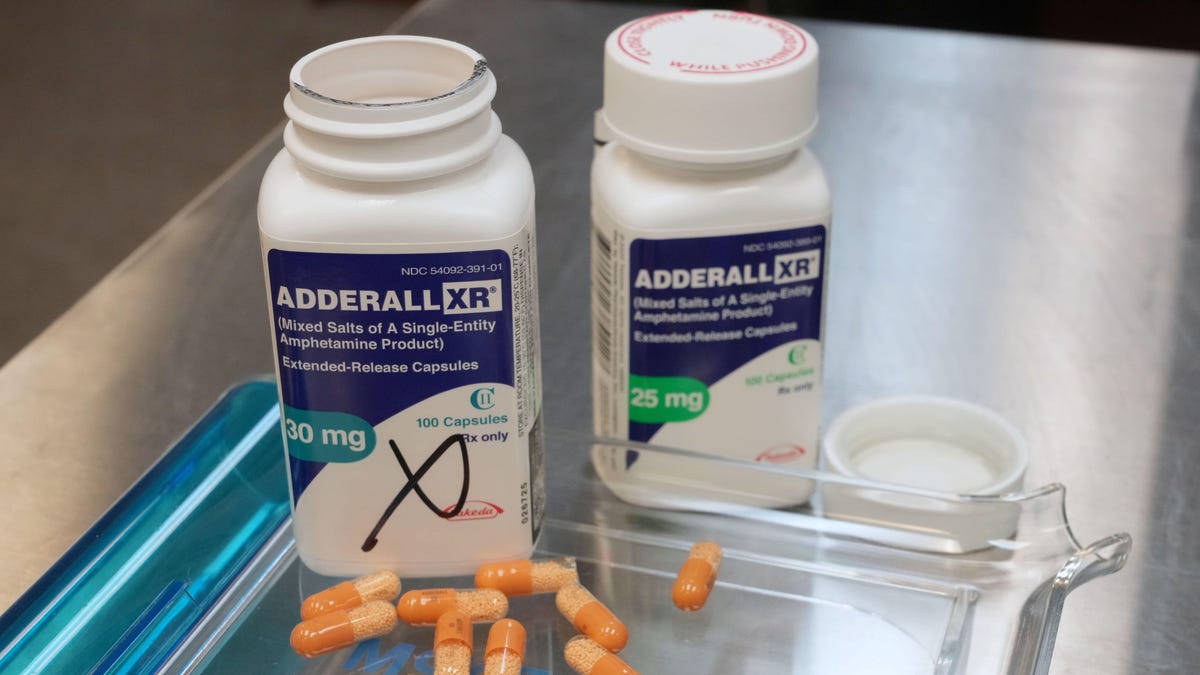
Done Global, the online healthcare company that saw two executives arrested last week, issued a statement this week assuring patients it will do its best to continue operations despite the federal indictments by the U.S. Department of Justice. The executives were charged with providing “easy access” to Adderall and other stimulant medications to treat ADHD and submitting “false and fraudulent claims for reimbursement.”
Suggested Reading
Suggested Reading
Ruthia He, founder and CEO of Done Global, and David Brody, the clinical president of Done Health, were both arrested last week in California, according to a press release from the DOJ. But a spokesperson for the company told Gizmodo the company doesn’t agree that they did anything wrong.
Advertisement
“Done Global strongly disagrees with the criminal charges filed last week against our founder, Ruthia He, and Dr. David Brody, which are based on events that principally occurred between February 2020 and January 2023,” a spokesperson said in a statement.
Advertisement
Those dates, early 2020 to early 2023, are significant because they align with the big push to telehealth services in the U.S. as the country struggled with the covid-19 pandemic that killed over 1.1 million Americans. The DOJ alleges the company took advantage of the shift to online-based treatments to write prescriptions for people who didn’t actually need medications like Adderall, charges the company denies.
Advertisement
“Since our founding, Done Global has worked to make mental health care accessible for tens of thousands of Americans trapped in a spiraling national crisis,” a spokesperson for the company told Gizmodo.
Done Global stressed that it will continue to operate and treat patients, though the company didn’t respond to two follow-up emails with questions about whether there’s any tangible threat to its ability to operate like normal.
Advertisement
“We will continue to support our clinicians as they exercise independent clinical judgment, practice evidence-based medicine, and provide best-in-class health care,” a spokesperson said in a statement.
The Centers for Disease Control and Prevention (CDC) issued a statement in the immediate aftermath of the indictments last week warning that there’s an increased risk of injuries and overdoses if Done Global isn’t able to prescribe medicine.
Advertisement
“Patients who rely on prescription stimulant medications to treat their ADHD and have been using this or other similar subscription-based telehealth platforms could experience a disruption to their treatment and disrupted access to care,” the CDC said in an advisory published online June 13.
The concern is that legitimate patients who use Done Global, which could be anywhere from 30,000 to 50,000 people in all 50 states according to the CDC, will turn to riskier ways of treating themselves, including black market or illicit drugs. The U.S. is already experiencing a shortage of ADHD medications, artificially manufactured by limitations imposed by the DEA on the number of stimulants that are able to be sold in the country.
Advertisement
“Given the national drug overdose crisis and threats associated with the illegal drug market, individuals struggling to access prescription stimulant medications are urged to avoid using medication obtained from anyone other than a licensed clinician and licensed pharmacy,” the CDC said in its advisory.
Given the nature of the problem, that’s much easier said than done.
Services Marketplace – Listings, Bookings & Reviews